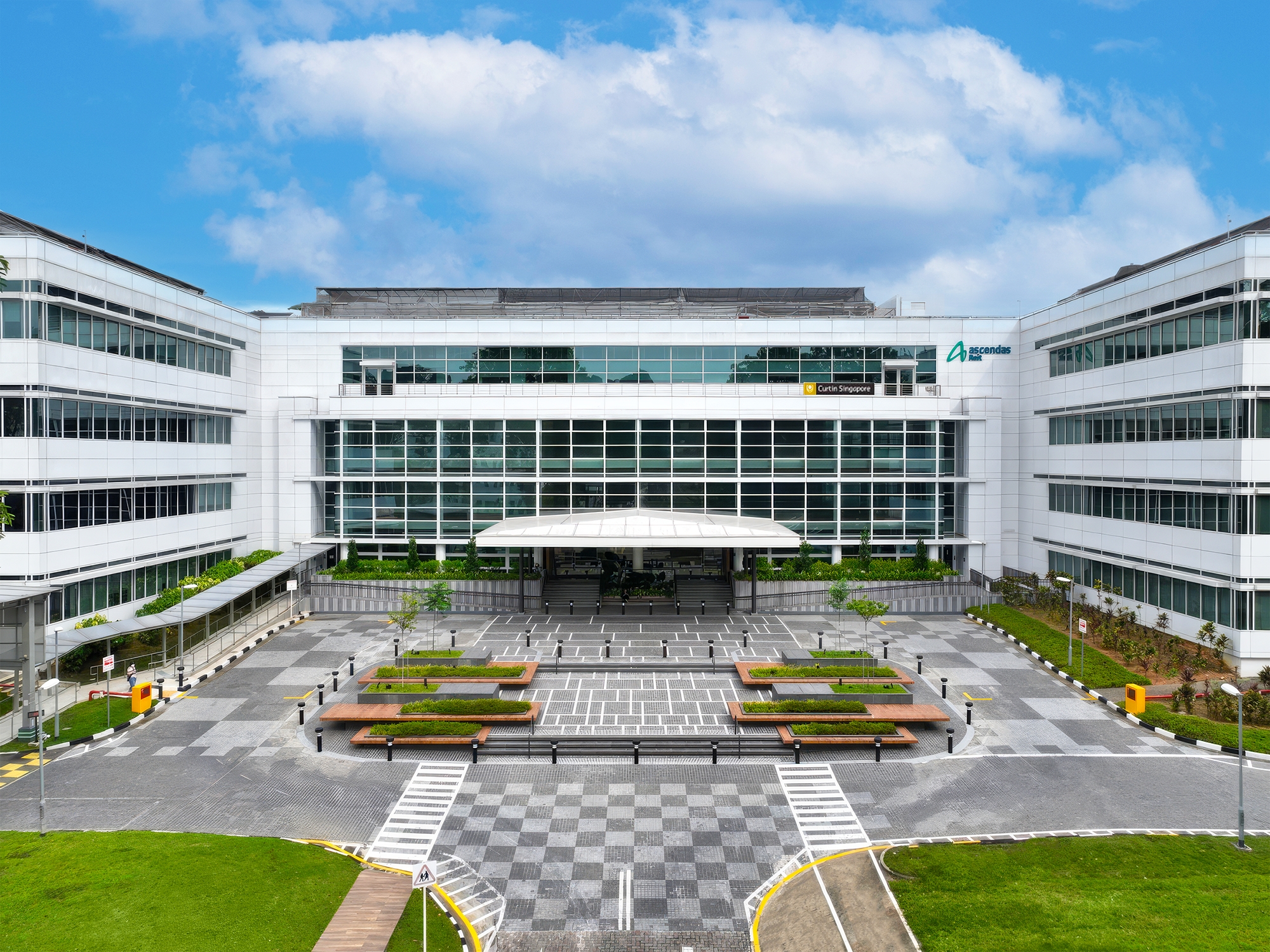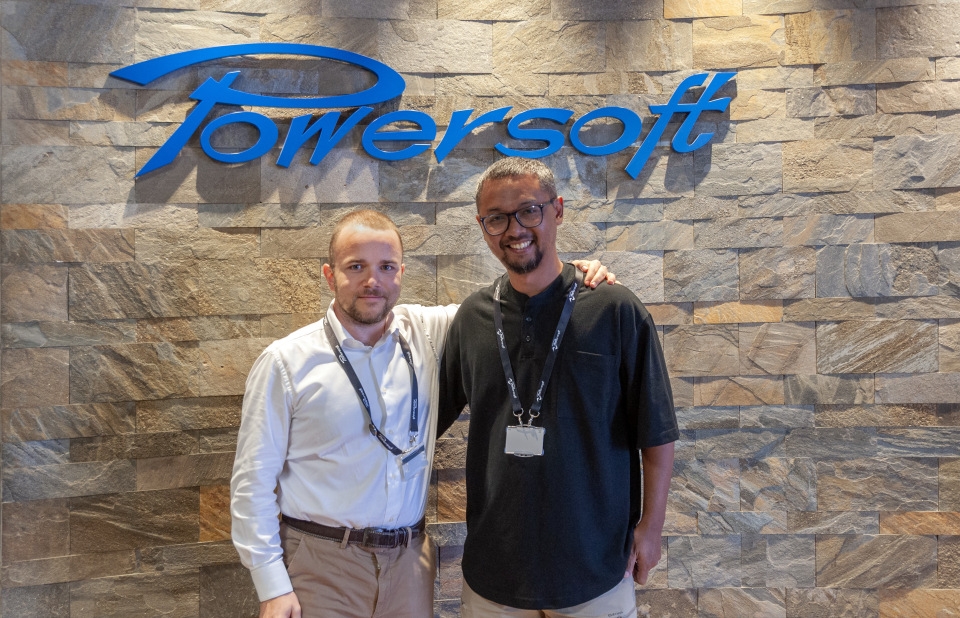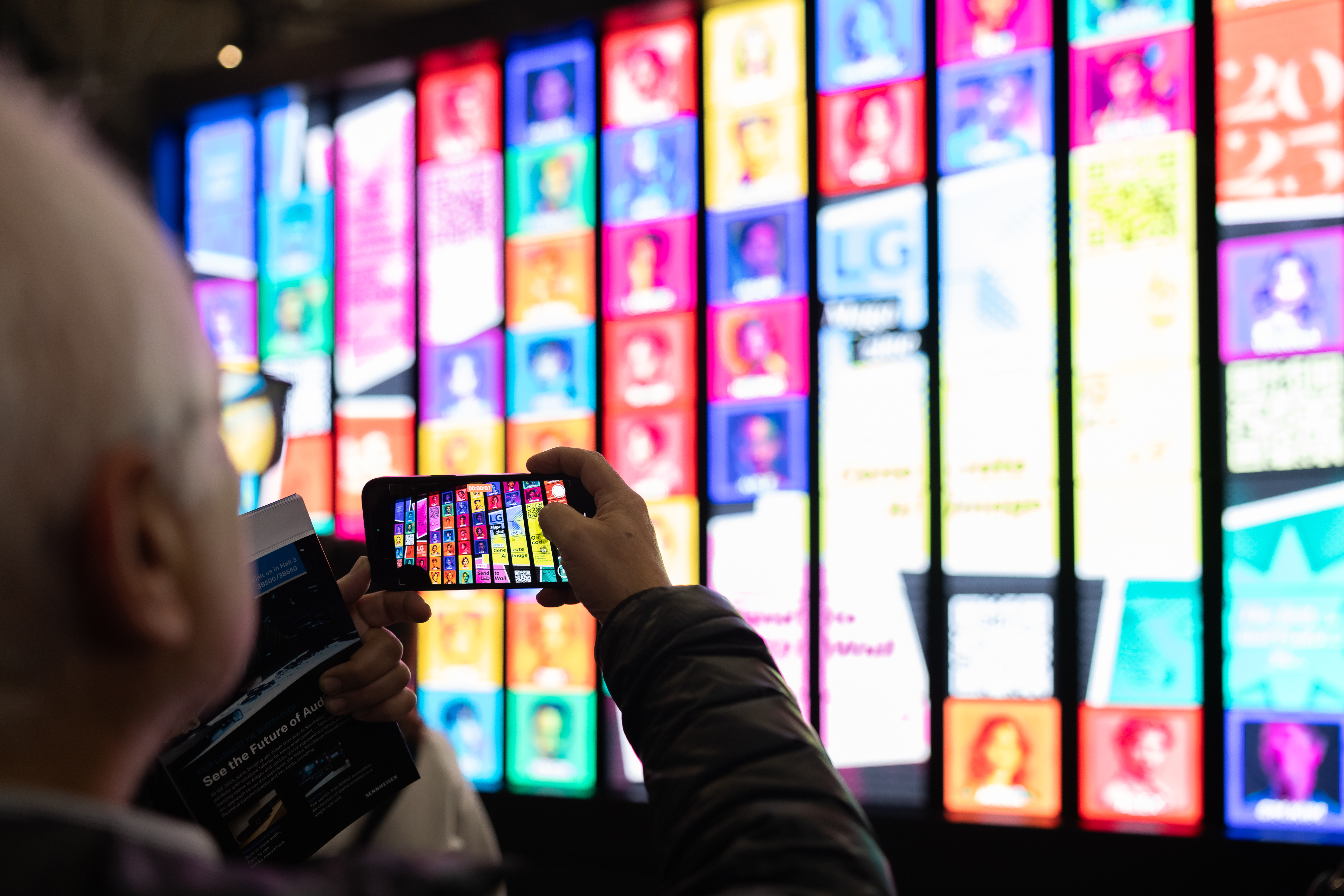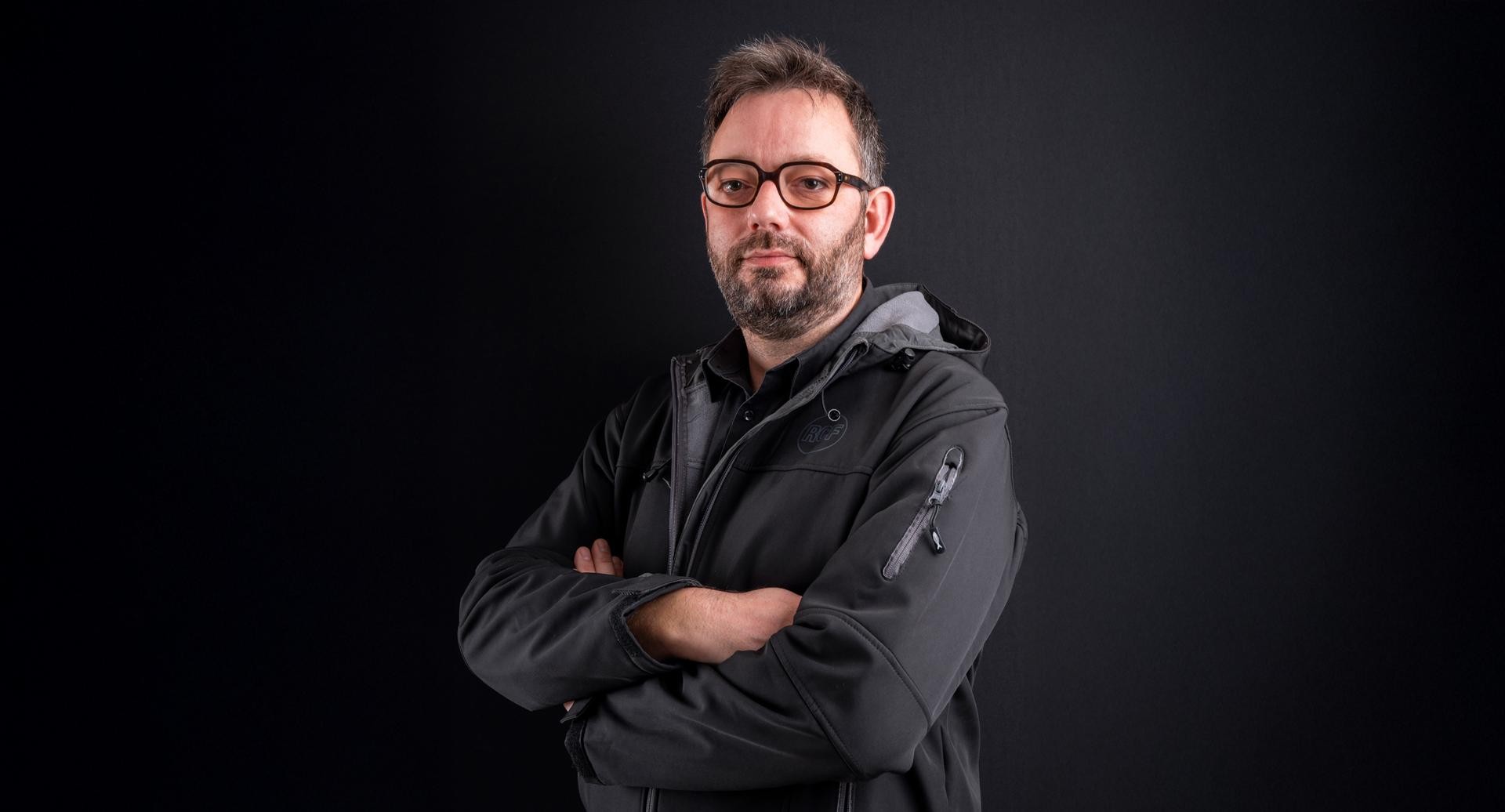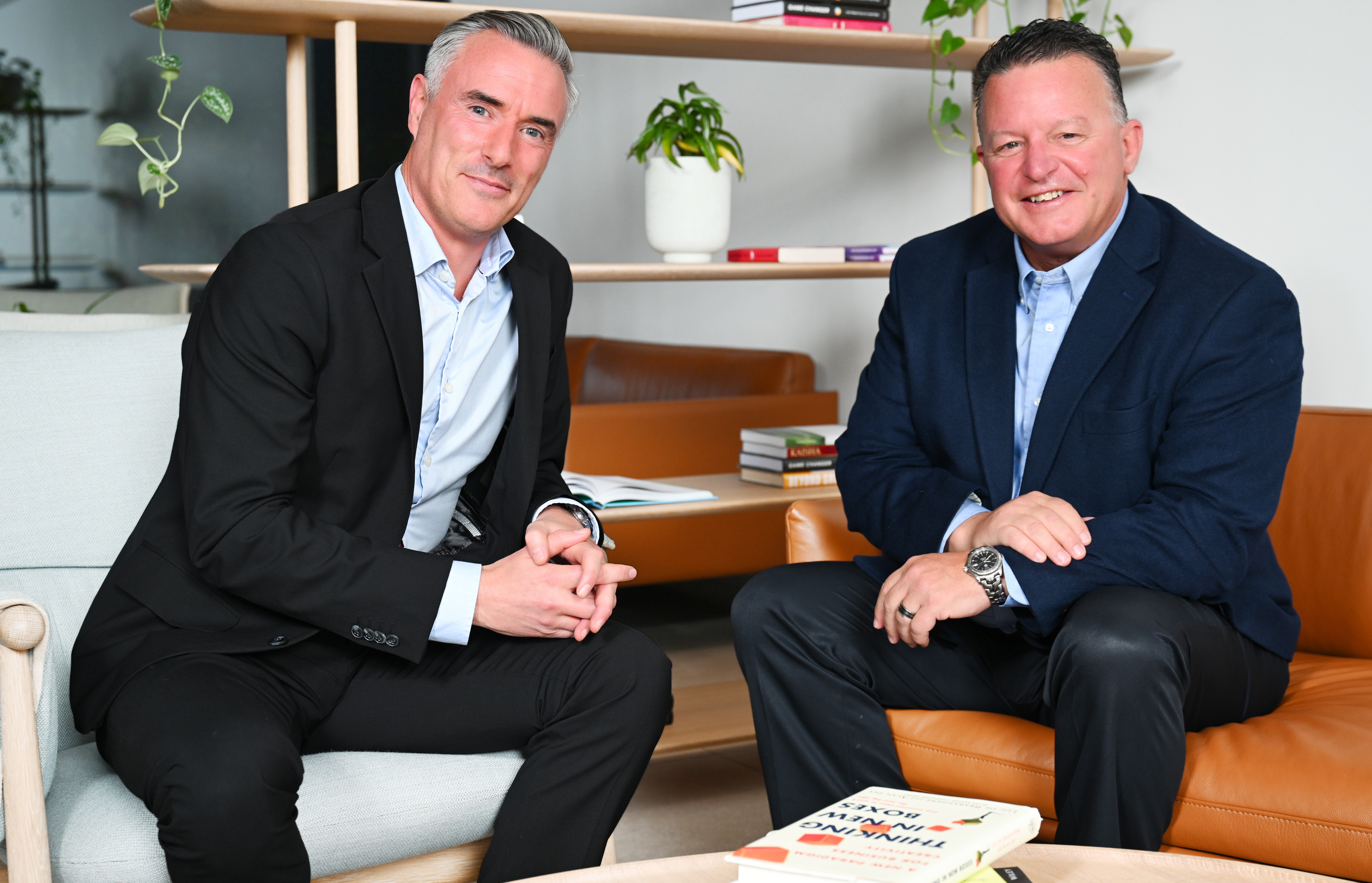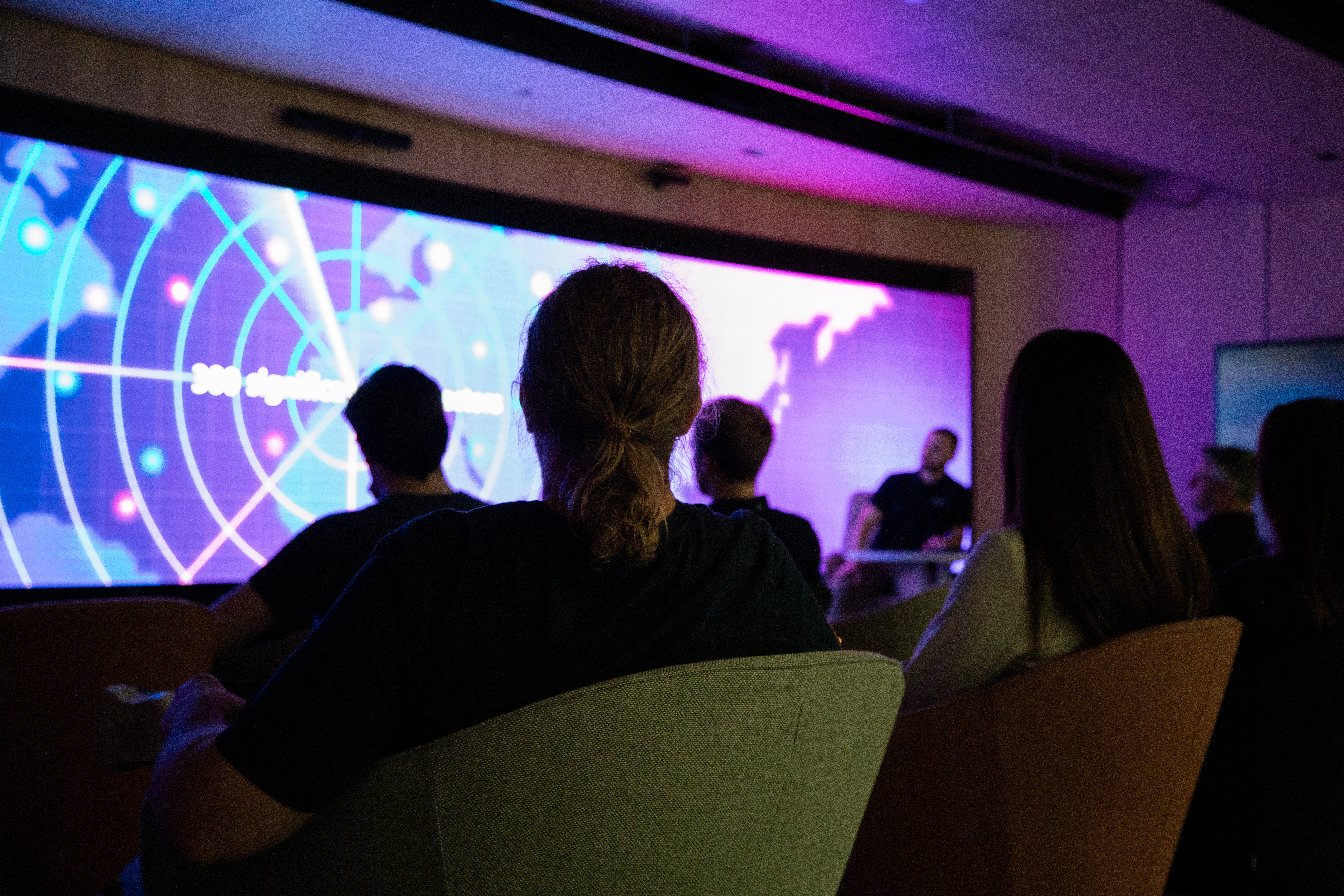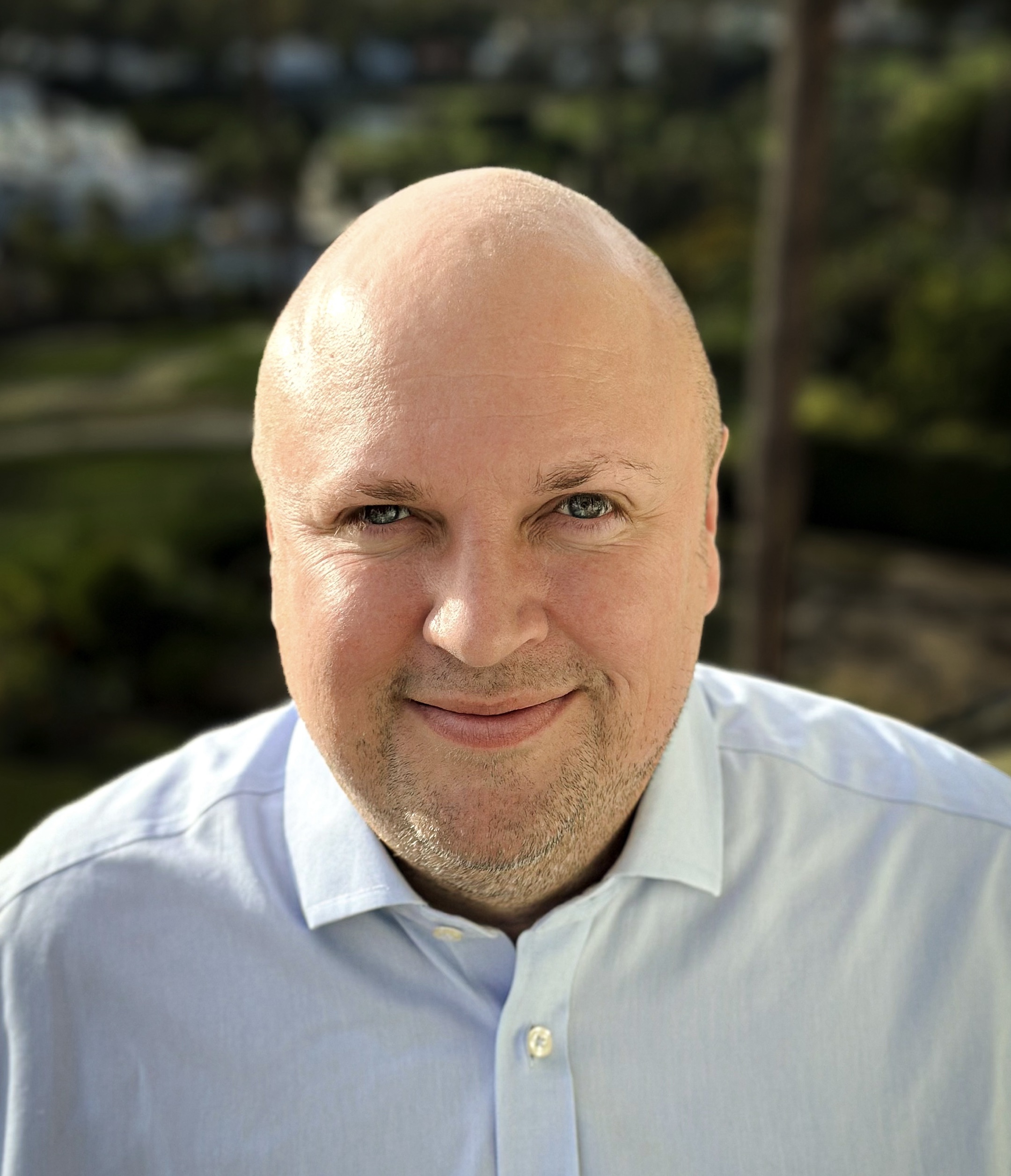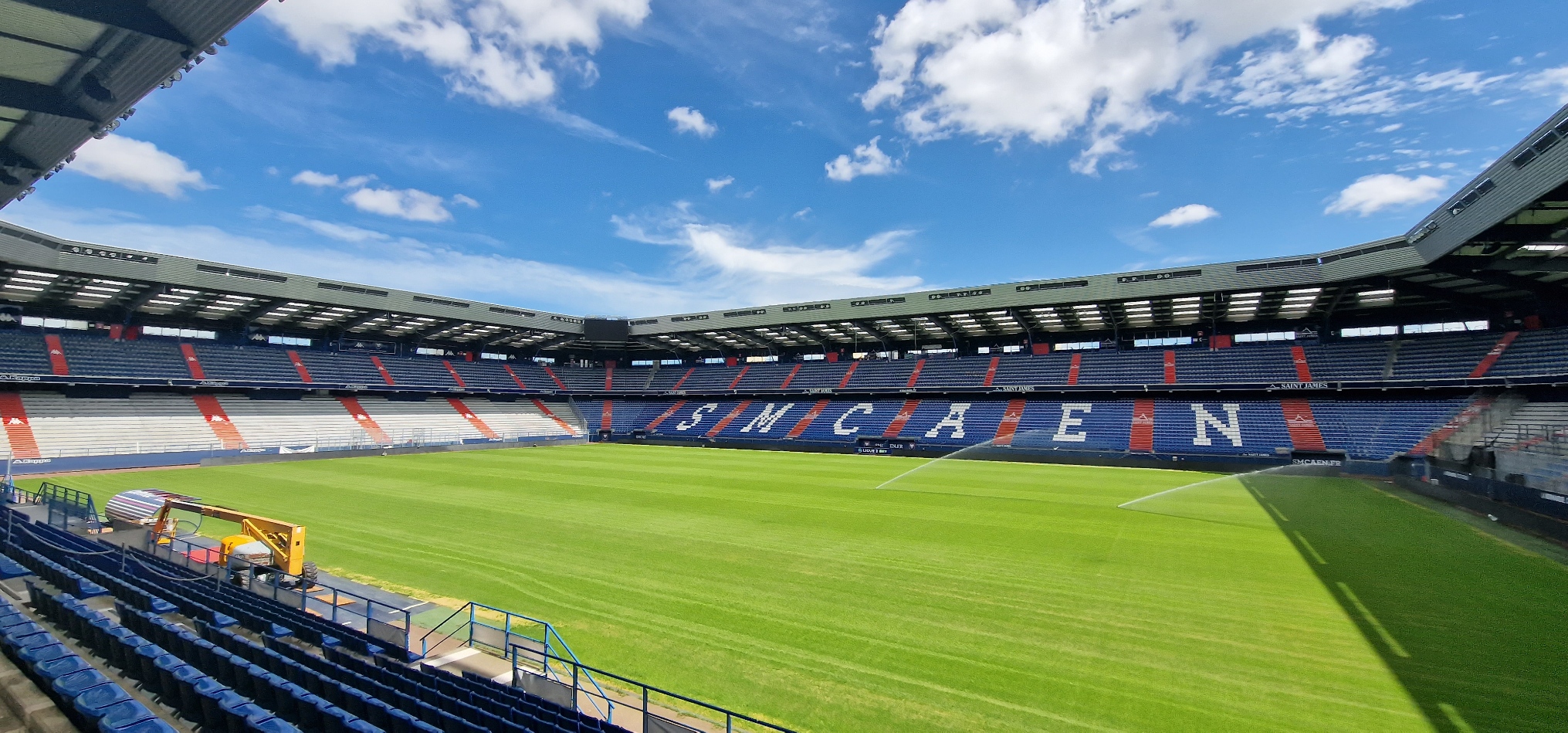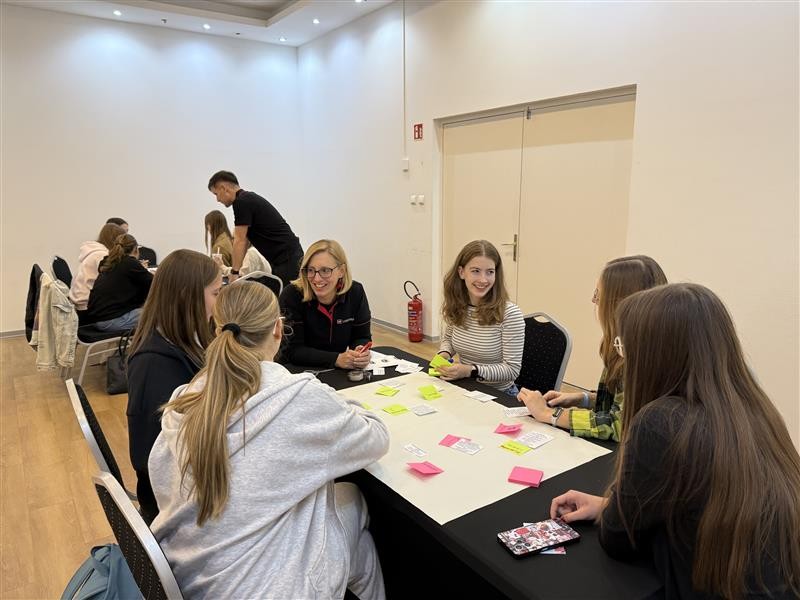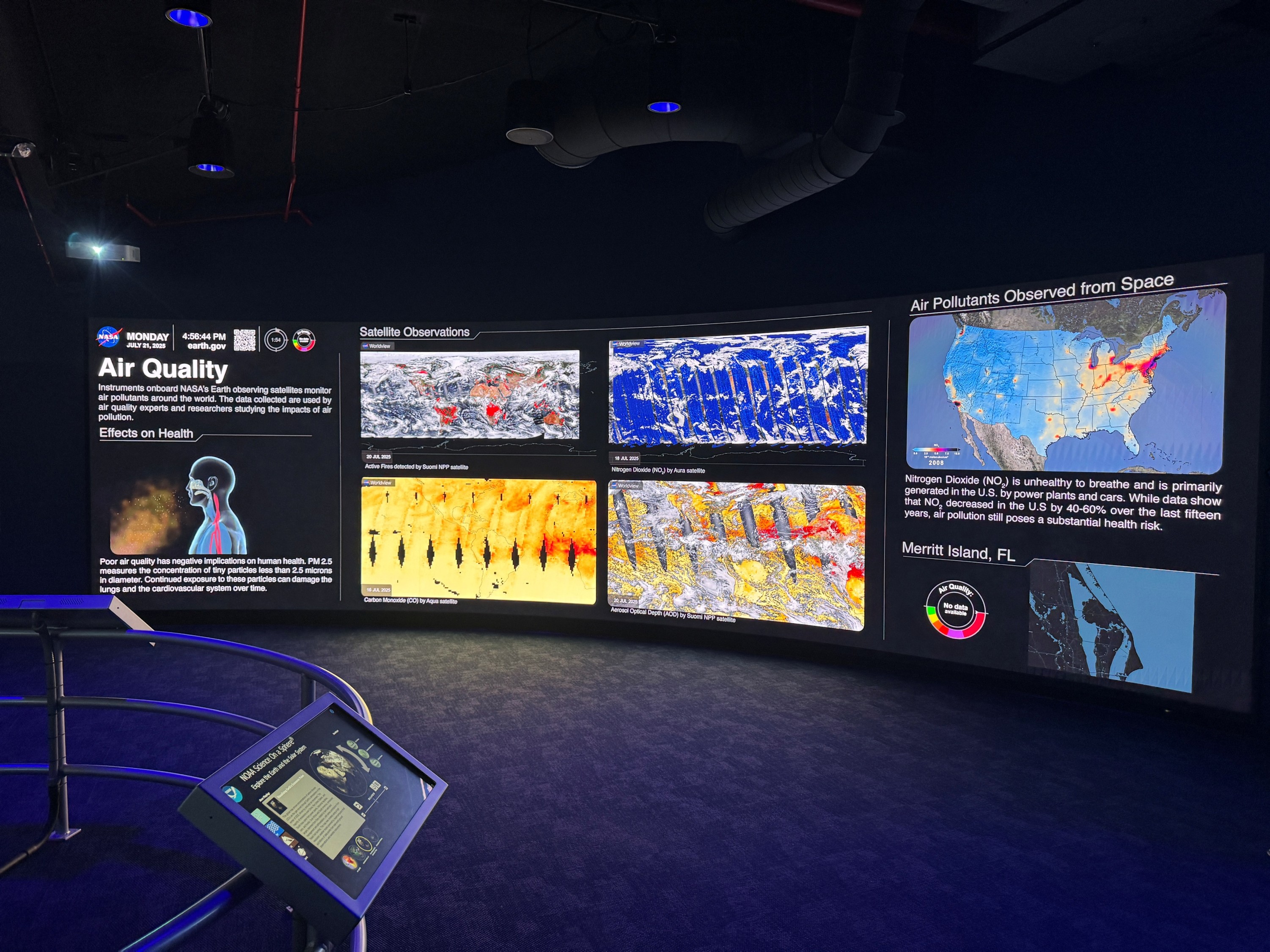Chris Potter
Extron NAV system is at the heart of a three-room divisible classroom at Curtin Singapore
Curtin Singapore has transformed three adjacent classrooms into a fully reconfigurable teaching environment powered by Extron’s NAV Pro AV over IP system.
Powersoft strengthens global marketing and technical teams
Powersoft has announced two new appointments that reinforce its commitment to global growth and partner support. Alessandro Bizzarri joins the company as marketing communications specialist, while Sofian Osman takes on the role of solutions engineer for south-east Asia. Together, they bring extensive expertise in marketing, systems integration and technical support to further strengthen Powersoft’s global presence.
ISE 2026 debuts Spark showcase event
ISE will introduce Spark, a four-day showcase event dedicated to highlighting cross-vertical creative connectivity.
RCF opens Middle East hub, appoints new technical business developer
RCF has expanded its Middle East presence with a new regional office in Dubai, appointing Yannik Dahms as its Middle East technical business developer to lead the initiative.
Yorktel and Kinly complete merger
Kinly and Yorktel have completed a merger, combining global scale and experience in systems integration and managed services.
Cyviz secures Fortune 500 contract for global innovation centre rollout
Cyviz has announced a series of new contracts with a Fortune 500 consultancy and technology services company, delivering a global innovation centre rollout totalling more than 1.7 million Euros.
Absen appoints Eero Rask as EU DOOH director of business development
Absen has expanded its European leadership team with Eero Rask, leading the company’s DOOH strategy across the region.
INFiLED delivers 72 sq m LED revamp for Stade Malherbe Caen
French football club Stade Malherbe Caen has unveiled a striking new 72 sq m LED display system at its Stade Michel d’Ornano, designed and integrated by Auvisys using INFiLED’s ORMV P7.8 Max panels.
Lightware hosts people-focused ESG initiatives
Lightware has hosted a series of people-focused environmental, social, and governance (ESG) initiatives, designed to empower local communities and encourage women in technology.
Kennedy Space Center blasts off with LED Studio
Kennedy Space Center’s Gantry at LC-39 has reopened with a new guest experience powered by LED Studio visuals.

